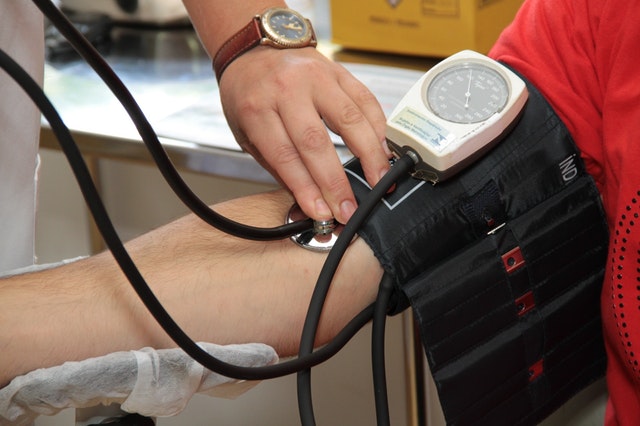Treatments For Heart Disease

Controllable risk factors for heart disease include weight, blood pressure, cholesterol levels, and smoking habits. Managing these risk factors can significantly decrease your chances of heart disease and heart attack. Heart attack is most commonly a result of heart disease. Remember, the likelihood of you having a heart attack increases if you are considered ‘high risk’ or have already had a heart attack. This is certainly important when considering individual health coverage.
Lifestyle Changes
Even if you already suffer from heart disease, you can lower your risk of heart attack. Lifestyle changes are the easiest method. Switching to a heart-healthy diet can help prevent both strokes and heart attacks; this includes foods rich in nutrients, fiber, and healthy fats. Salmon, oatmeal, and certain nuts are all great for your heart. You may be surprised to learn that dark chocolate and red wine can also help your cardiovascular health! Getting physical exercise, not smoking, and maintaining a healthy weight are all ways to keep your risk low.
Treating Related Conditions
Several conditions raise the risk of heart disease and therefore your risk of heart attack. Diabetes is a condition where your body does not produce or maintain healthy sugar levels in the blood. There are medications available, but staying active and maintaining a healthy diet can help manage diabetes. Your doctor may prescribe medication for high cholesterol and high blood pressure. In extreme cases, your doctor may recommend surgery that helps unblock clogged arteries.
Immediate Treatment
The minute you start to experience symptoms of a heart attack, which include pain or tightness in the chest, discomfort in the upper body, and shortness of breath, you should immediately call 9-1-1. Medical professionals can begin to diagnose and treat you before you even reach the hospital. Time is of the essence, and the sooner you begin treatment, the more likely it is your coronary tissue will be saved. These professionals can begin several treatments once a heart attack is suspected. Aspirin can thin the blood and prevent the blood from clotting further. They can administer Nitroglycerin to improve blood flow and begin oxygen therapy. Clot busters, also known as Thrombolytic medicines, can dissolve clots that are blocking an artery. Consider individual health coverage prior to having an emergency.
Percutaneous Coronary Intervention
Percutaneous Coronary Intervention is a procedure that opens blocked coronary arteries. The physician feeds a thin, flexible tube with a balloon on the end through a blood vessel all the way to the blocked or narrowed artery. Then, doctors inflate the balloon to push the plaque and clot against the artery wall. This procedure helps restore blood flow. The doctor can also insert a small mesh tube (a stent) in the artery to keep the vessel open. This method can prevent blockages for months or even years after the procedure.
Got Medicare Questions?
We hope that this information on individual health coverage was useful to you.
Let us help you answer your questions so that you can get back to the activities that you enjoy the most.
Call (888) 446-9157, click here to get an INSTANT QUOTE, or leave a comment below!
See our other websites:
This article was updated on updated on 7/22/2024.

